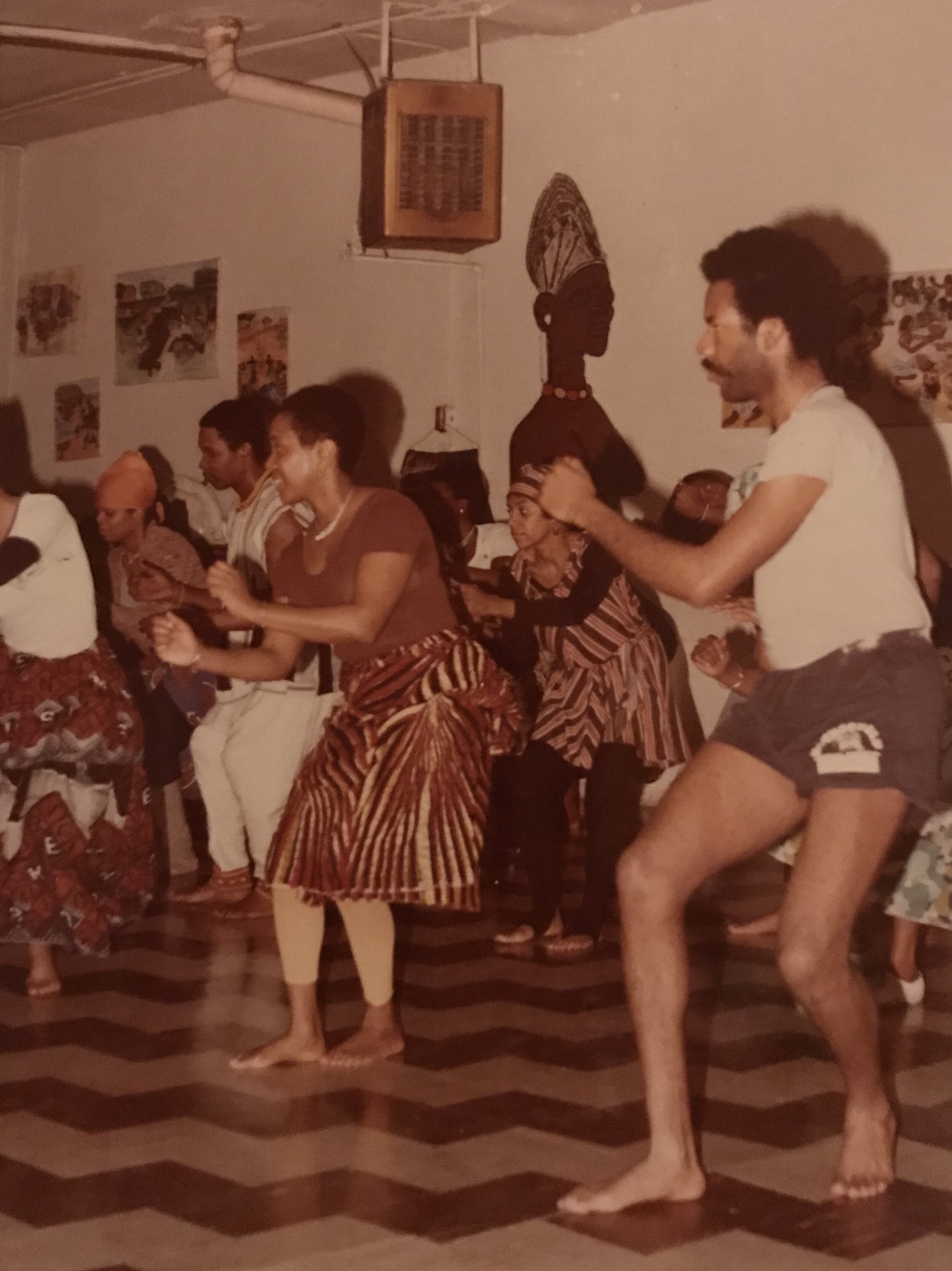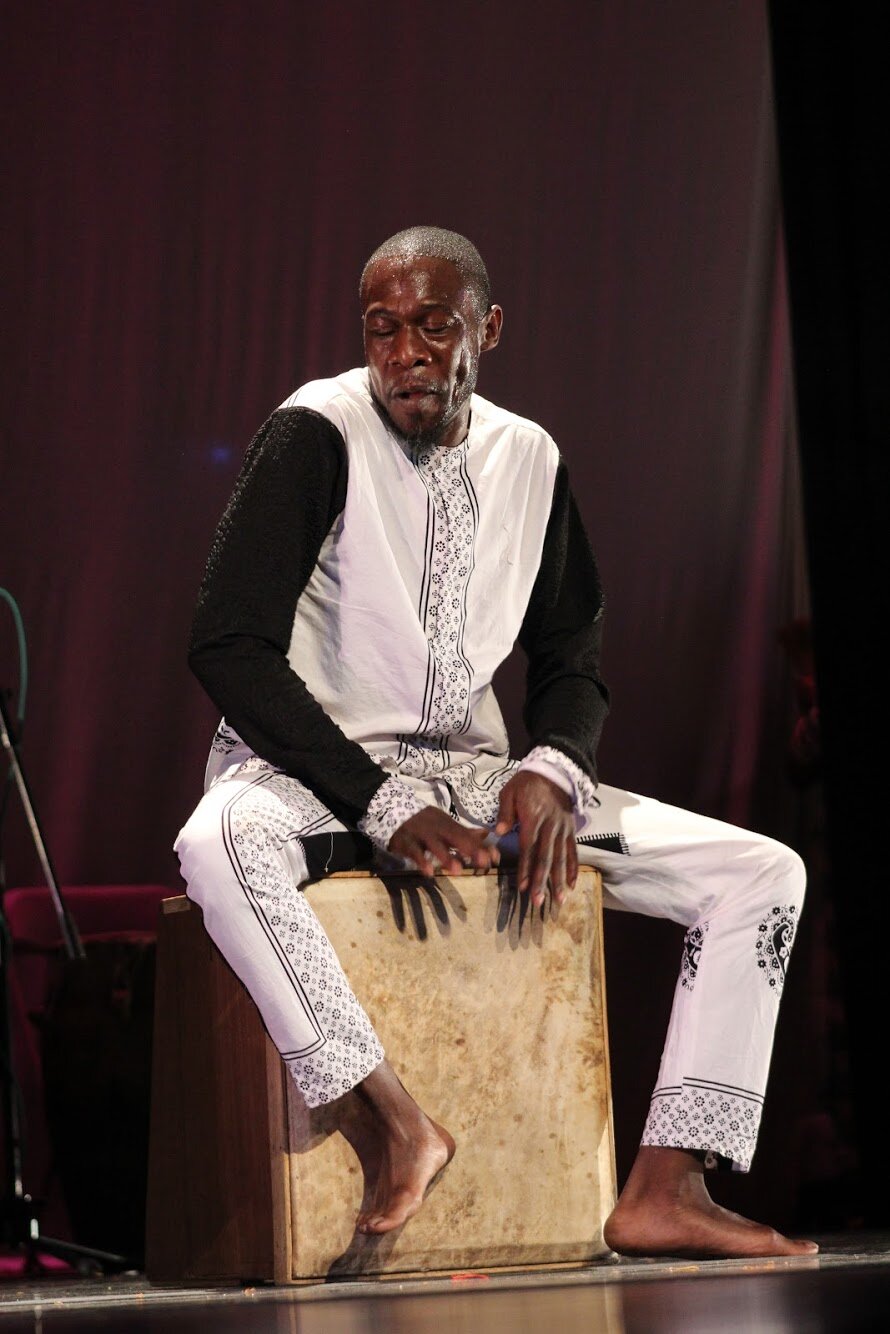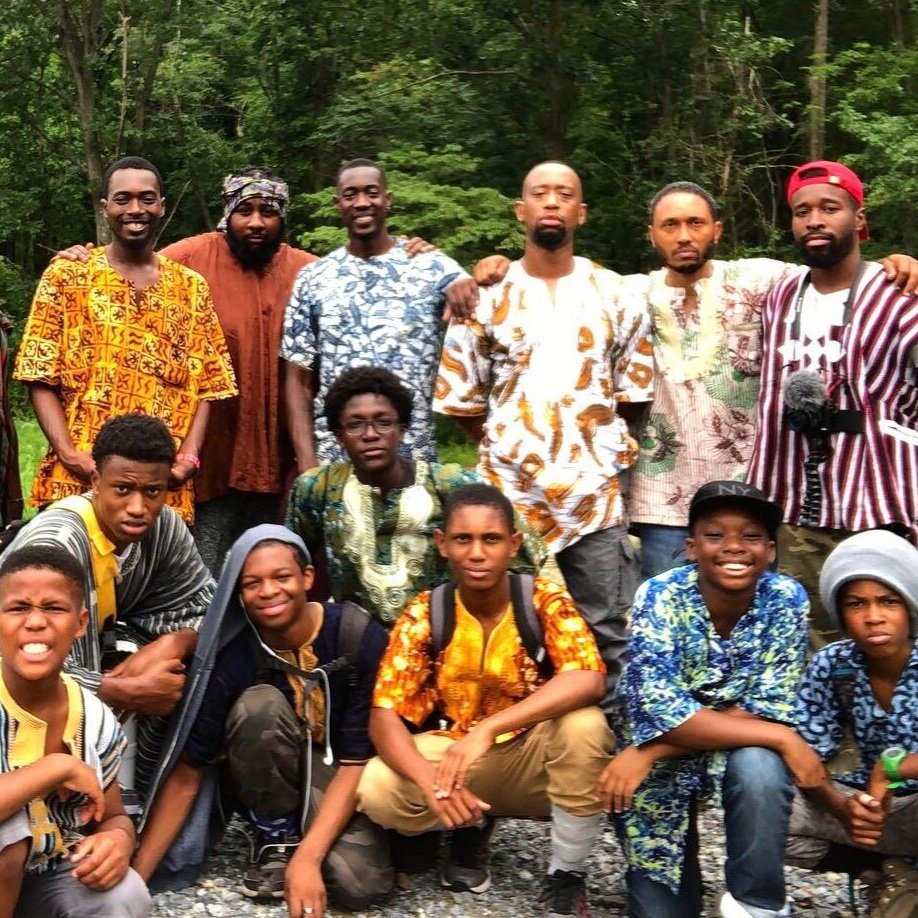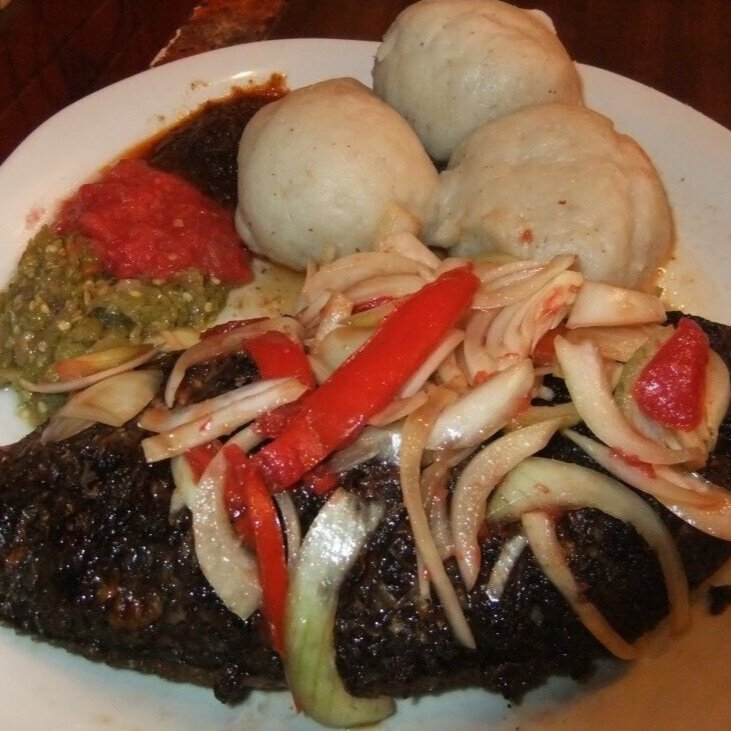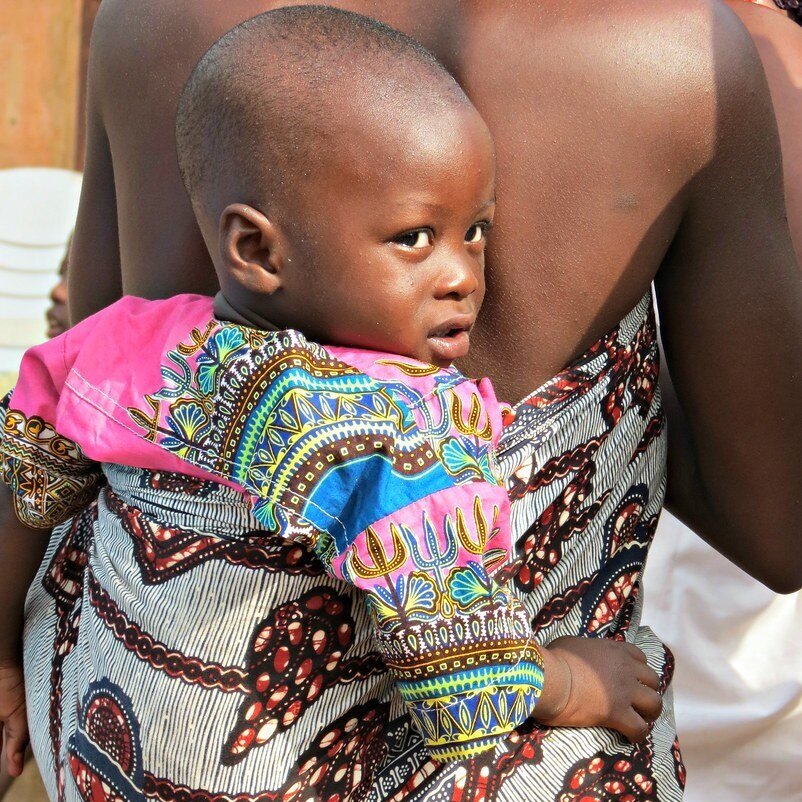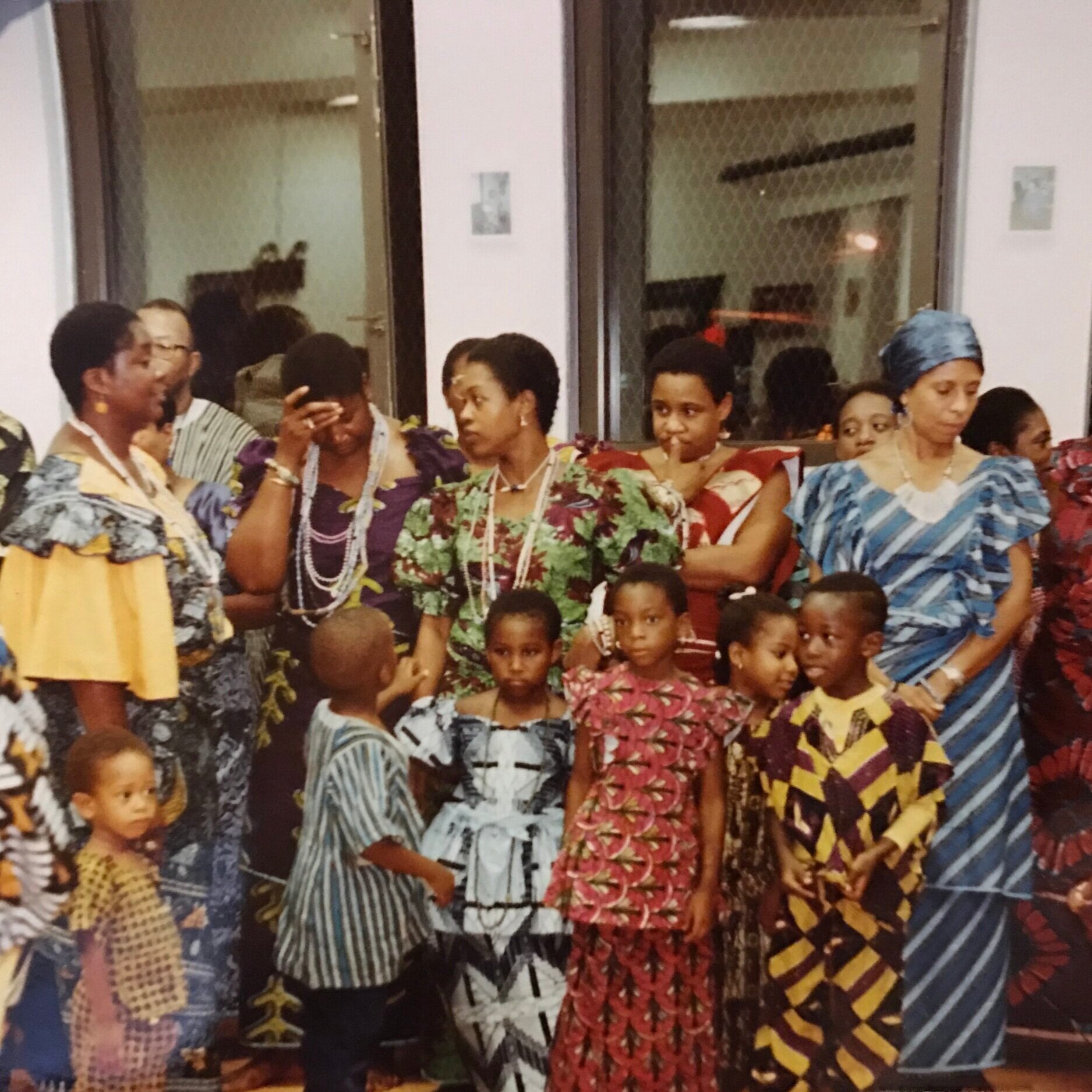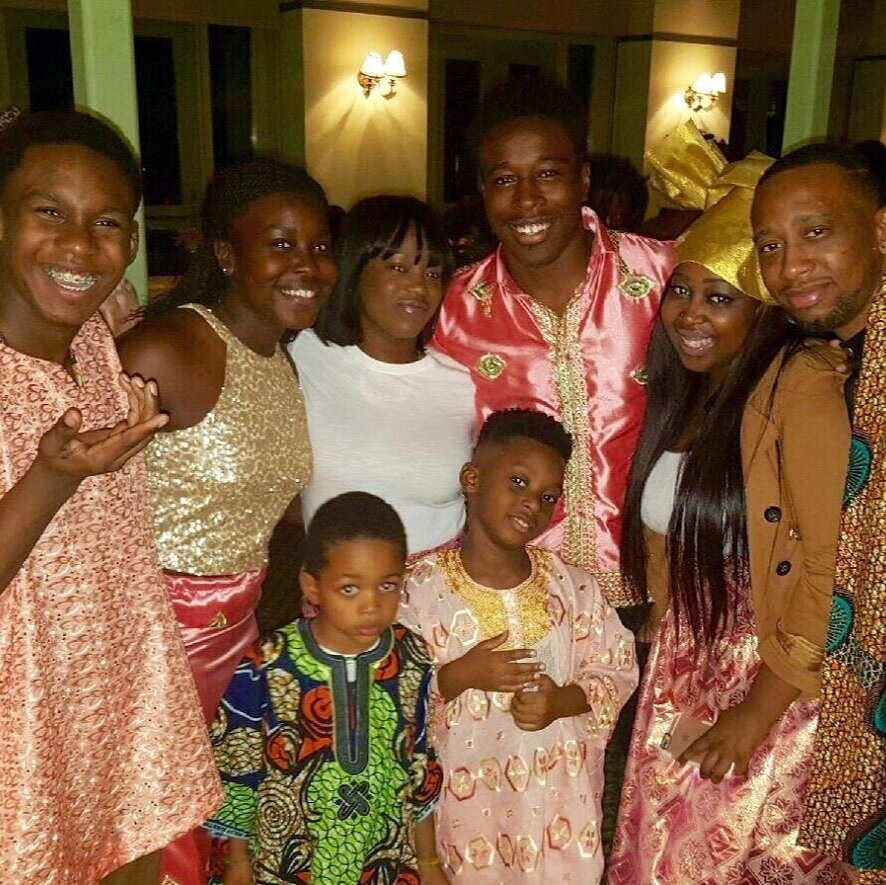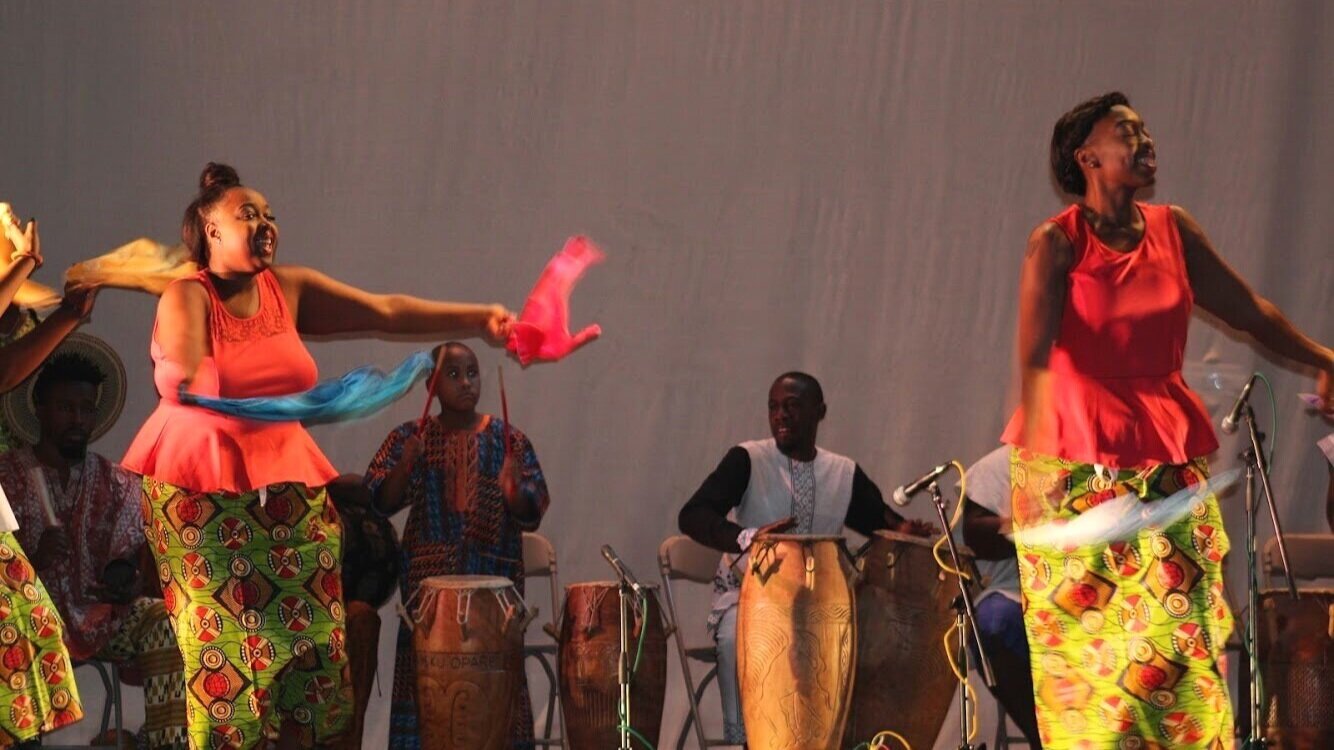
OUR COMMITMENT
We have produced programs relating to the arts and culture of the African Diaspora for many years. Our programs have focused on African dance, music, storytelling and crafts. We strive to offer positive images of African, African Diaspora and African-American cultures.
We continue to further expand our constituency and deliver arts services to an underserved population.
THE LEGACY CONTINUES

The Akan, numbering over 22 million members today, is the largest ethnic group in both Ghana and the Ivory Coast. Akan also refers to their language which comprises three main dialects: Fante Twi, Asante Twi and Akuapem Twi. From the 15th century to the 19th century, the Akan people dominated gold mining and the gold trade in their region. From the 17th century on, the Akan were among the most powerful group(s) in West Africa. During the Trans-Atlantic slave trade, enslaved Akans were responsible for many slave rebellions in the new world. By the early 1900s, all Akan lands in Africa were colonized or protectorates of the French and English. On the 6th of March 1957, the Gold Coast, modern day Ghana, rejected British rule, through the efforts of Osagyefo Kwame Nkrumah.
Akan means “First and Pure”. Akan people strive to put forth their best in everything they do. They realize their culture defines who they are and how they live. The pageantry and splendor of Akan culture is reflected in its proverbs, music, dance, metal arts and wooden sculptures. The symbolic patterns of the world renowned Kente and Adinkra cloths display the creativity and ingenuity of Akans as well as define their spiritual and moral beliefs. Akan culture is rooted in the concept of “Order”. Communal and familial allegiances are fundamental.The political institution of Chieftaincy as well as the social celebrations of The Rites of Passage, (Edin Toa-birth ,Ye Goro Bra-puberty, Aweregye-marriage , and Ayie-death), provide an orderly road map for “ Living Akan”. The rich cultural and historic nature of the Akan people of Ghana makes it a culture worthy of admiration, emulation and further study.
OUR CULTURE, OUR STRENGTH.
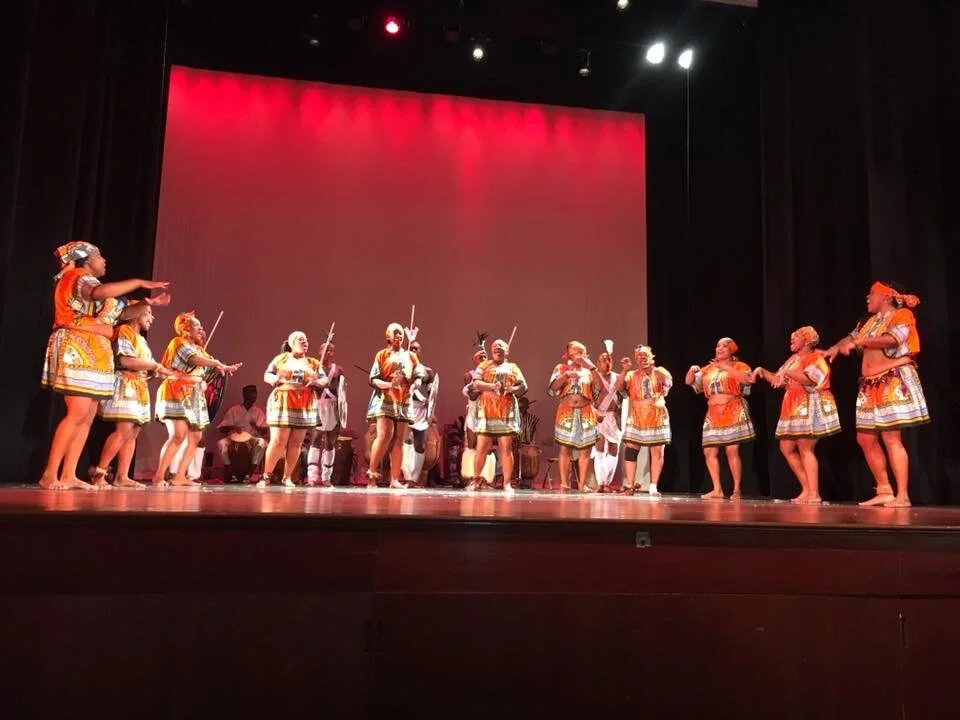
CULTURAL CELEBRATIONS
Odwira: This annual New Year’s Festival takes place in America in October. Odwira serves a number of purposes: It gives people an opportunity to show their gratitude for the advent of a new year, honor their ancestors and renew their family bonds.
Rites of Passage: A ceremony marking an important stage in someone's life, namely birth, puberty, marriage, and death. Each of these rites are an essential part of traditional African cultures.
Akwasidae: The celebration on this Sunday centers on honoring personal and community ancestors. This celebration takes place every 40 - 42 days.
Dinizulu Legacy Concerts: These concerts showcase the African dances, drumming, songs and narrations of the world renowned Dinizulu African Dancers, Drummers and Singers, founded by Nana Yao Opare Dinizulu I in the 1950's.
CULTURAL AWARENESS
Beading: Waist beads and jewelry beads play a huge part in some African cultures. African beads represent pride, culture, power and identity. African jewelry was not only worn for purely decorative or beauty purposes. Every piece of jewelry possessed some legend or significance. Coming together builds a sense of comradery and community .
African Dance/Drumming/Drum Carving: African cultural arts are really important. Through these arts, African people demonstrate the important aspects of who they are.. It is also the way that other people cultivate respect, knowledge and give importance to African traditions.
African Language: (Conversational Twi from Ghana , West Africa ) Language is the most direct connection to other cultures. Learning Twi (or other African languages ) fosters an appreciation for the African traditions, religions, arts, and history.
Cooking Traditional African Food: Learning to cook traditional foods will help you understand African cultures, customs and flavors. Life skills like eating healthy, budgeting your money, and cleaning are also discussed.
WELLNESS
Seeds of Renewal: Health and wellness events held seasonally to bring awareness and enrichment to the community. includes hands on therapy ie massage ,Reki, reflexology and pranic healing, and herbal facials.
Vision Board Workshop: A dream board or vision board is a collage of images, pictures, and affirmations of one's dreams and desires, designed to serve as a source of inspiration and motivation.
Me Ba Layo, Baby & Me Classes: These classes are designed to encourage bonding, between parent, child & community.

